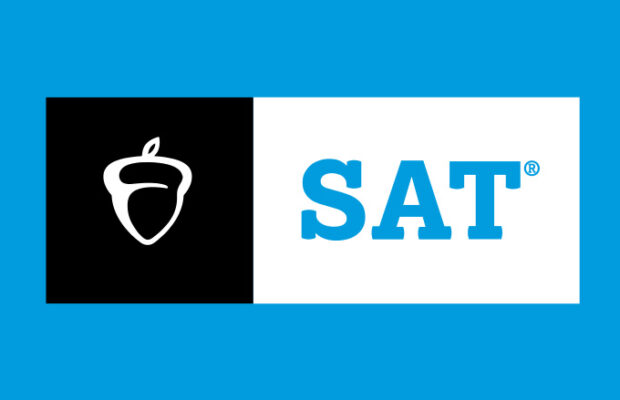Voters must remain informed despite possible media biases, distorted facts
Mike Droste/Staff Writer
With the election hitting the radio and TV full-force, both parties are engaged in a struggle to attach patriotism, socialism and various other -ism’s to candidates. With the rhetoric and accusations growing stronger each and every day, even the media is having a hard time staying impartial.
The most affected form of media is, of course, the Internet.
The union of the Internet and politics is, at best, a dangerous one. Though the Internet has enabled many who would not otherwise be involved in politics to get informed on issues and has proven to be an effective tool for campaign fundraising, many rumors and falsehoods about the presidential candidates have been bred there—take for example the allegations of Barack Obama being a Muslim, and the rumors that Sarah Palin’s youngest child was her daughter’s.
Many of these rumors are bred on blogs—sites with commentary maintained by individuals who usually have no connection to the press. Once again, a trade-off is endured; these sites give a voice to the people unlike any form of media in history, yet it has a tendency to promote things that simply aren’t correct.
Yet, this isn’t to say the media networks have no bias. While news networks do report the truth rather than rumors, some have garnered a reputation for favoring commentary by one side more than the others. Fox News in particular has a well-documented conservative slant, and MSNBC has often been accused of being the “liberal Fox News.” You’re unlikely to see anything that’s blatantly false on network news, but they can use statistics and commentary in a way that is obviously leaning toward one political philosophy.
With these precautions in mind, it may be best to check everything out for yourself, to see if the rumors and commentary you’ve heard is true. The best sources of information on politics don’t commentate on the situation and cite their sources; some example include fact-checking sites such as PolitiFact, a project ran by the St. Petersburg Times, and FactCheck.org, run by the Annenberg Public Policy Center at the University of Pennyslvania. Both sites investigate common claims in the election to find whether or not they are misrepresentations of the truth (as is often the case in politics) and cite sources when necessary.
When it comes to network news, it’s not always easy to find a channel that doesn’t lean one way or another. In fact, the only channel that truly doesn’t have any bias or spin is CSPAN, which broadcasts political events without commentary to intentionally reduce the bias it showcases.
The best advice that I can give when it comes to politics is to keep a skeptical mind. Almost everything has a bias attached to it, though it’s not always intentional. If you have to double check your source’s every claim, it’s time for another outlet.






You must be logged in to post a comment Login